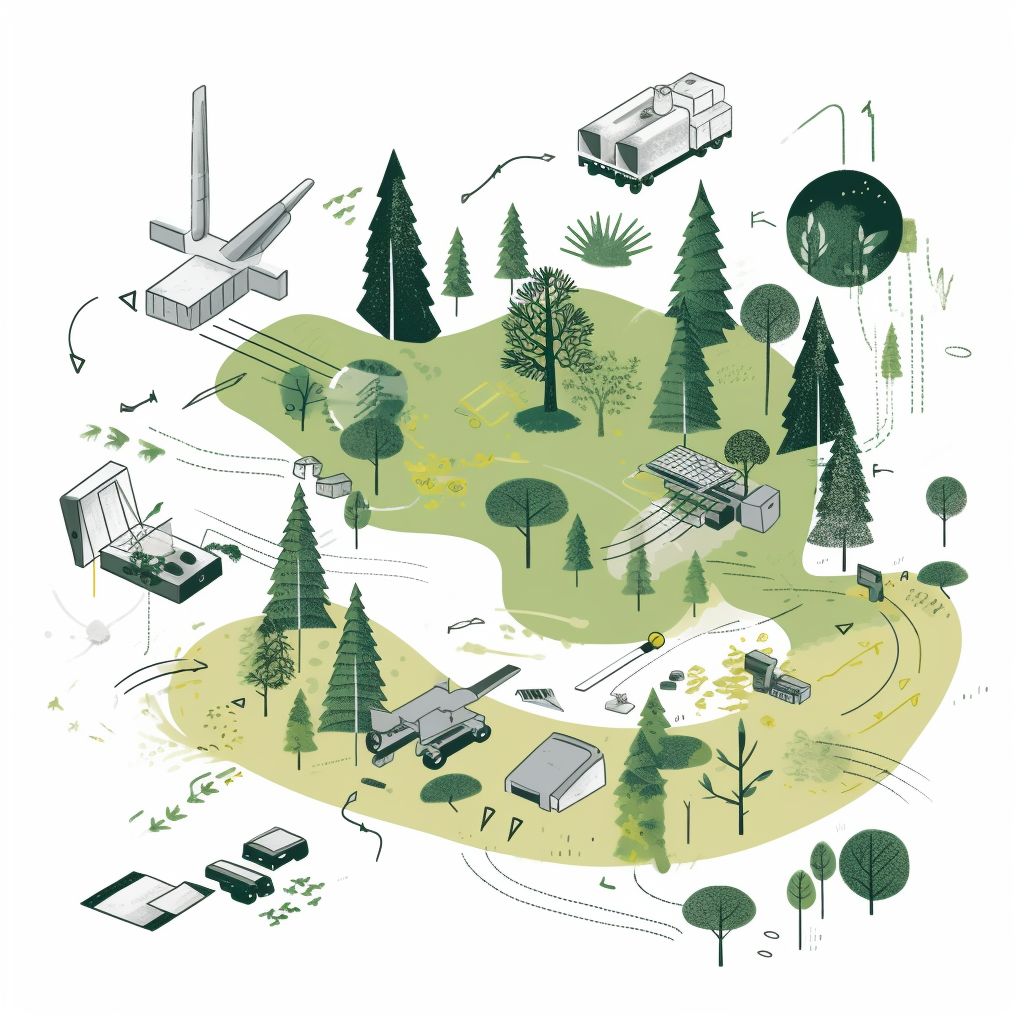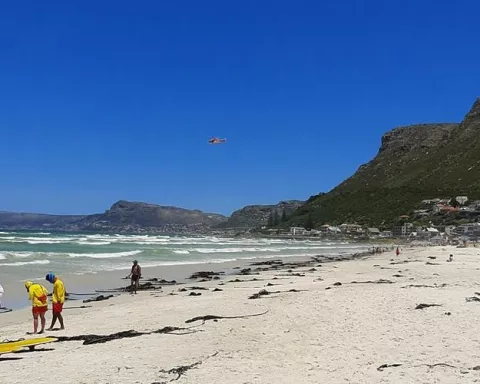Forestry, Fisheries, and the Environment Minister, Ms. Barbara Creecy, has released an invitation for public input on the proposed amendments to the Regulations governing the adoption of spatial tools and environmental management instruments. These amendments, originally implemented in 2019, were published under the National Environmental Management Act of 1998 (NEMA), and announced in Government Gazette No. 48457, Government Notice No. 3336 on 21 April 2023.
The Purpose of the Instrument Regulations
The Instrument Regulations were designed to integrate environmental considerations into land-use planning and decision-making. However, the recently proposed amendments aim to strengthen and clarify the existing regulations.
The Proposed Amendments
The proposed amendments focus on three key areas, which include:
Generic Department Reference
The first amendment proposes replacing the Department of Environmental Affairs’ name with a more generic reference, such as “the Department responsible for the environment.” This change would make the regulations more adaptable and prevent the need for further alterations in the future if the name of the Department changes or if its responsibilities shift to another government entity.
Removal of the Term “Spatial Tool”
The second amendment includes the removal of the term “spatial tool,” which is already covered under the broader definition of “environmental management instrument.” This change simplifies the language and avoids redundancy.
Registration Requirements
Lastly, the third amendment seeks to establish registration requirements where the exclusion of activities is enabled based on an adopted environmental management instrument, if deemed appropriate. This change provides more flexibility and adaptability within the regulations, allowing all relevant stakeholders to plan their activities accordingly.
Public Input
Members of the public have until 22 May 2023 to submit their written comments or inputs on these proposed amendments. Submissions can be mailed, hand-delivered, or emailed to the Director-General of the Department of Forestry, Fisheries, and the Environment, with attention to Ms. A van Reenen.
Interested parties can access the Government Gazette online to review the proposed amendments in detail and contribute to the ongoing conversation surrounding spatial tools and environmental management instruments. This invitation for public input is a chance for stakeholders to engage in the policymaking process and help shape the future of environmental management in South Africa. It is essential to note that any comments or inputs received after the closing date may not be considered. Contact Ms. A van Reenen for any inquiries related to the Notice.











